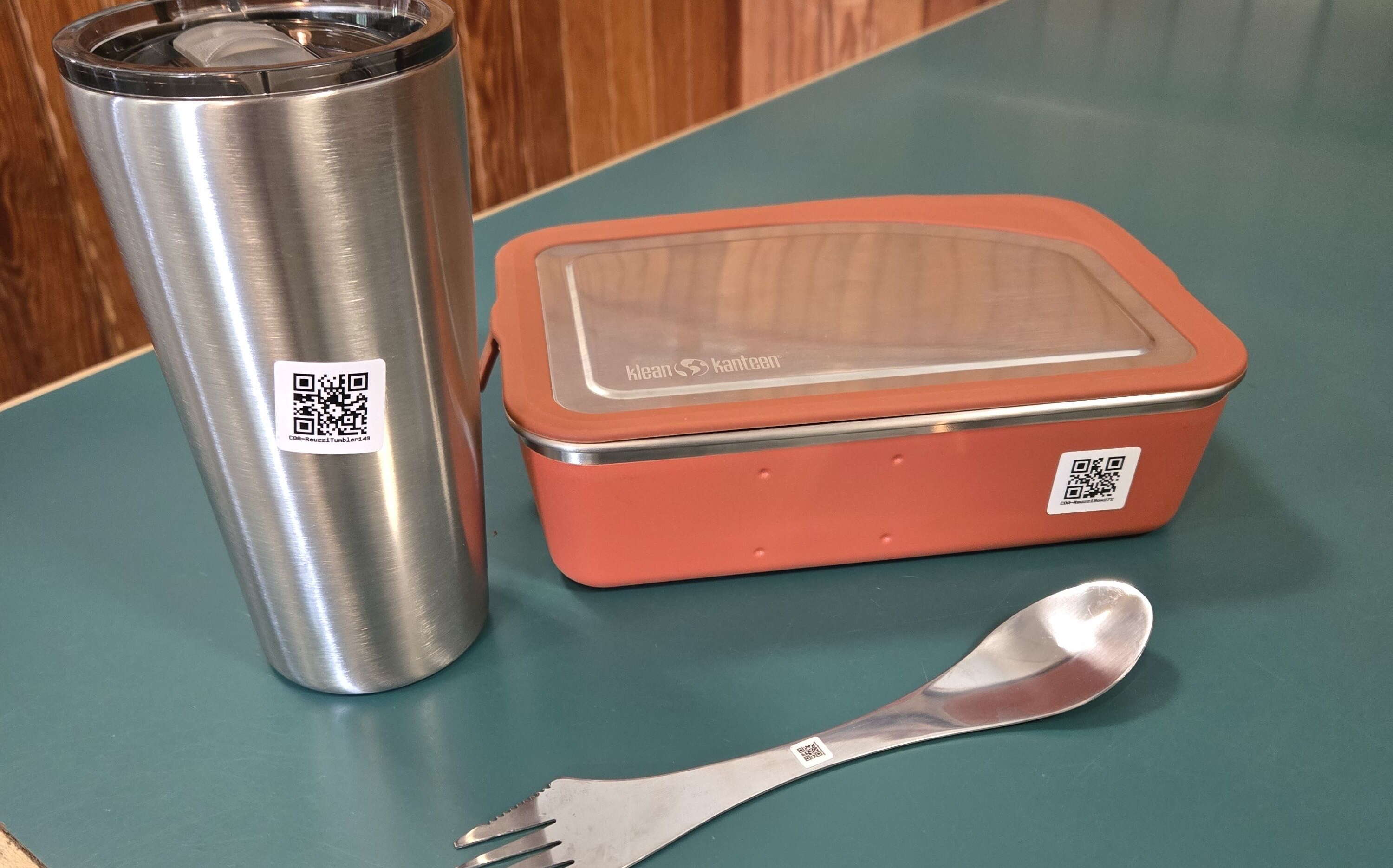
Processing Your Payment
Please do not leave this page until complete. This can take a few moments.
- News
-
Editions
-
- Lists
-
Viewpoints
-
Our Events
-
Event Info
- Women's Leadership Forum 2025
- On the Road with Mainebiz in Bethel
- Health Care Forum 2025
- On The Road with Mainebiz in Greenville
- On The Road with Mainebiz in Waterville
- Small Business Forum 2025
- Outstanding Women in Business Reception 2025
- On The Road with Mainebiz in Bath
- 60 Ideas in 60 Minutes Portland 2025
- 40 Under 40 Awards Reception 2025
- On The Road with Mainebiz in Lewiston / Auburn
- 60 Ideas in 60 Minutes Bangor 2025
Award Honorees
- 2025 Business Leaders of the Year
- 2024 Women to Watch Honorees
- 2024 Business Leaders of the Year
- 2023 NextUp: 40 Under 40 Honorees
- 2023 Women to Watch Honorees
- 2023 Business Leaders of the Year
- 2022 NextUp: 40 Under 40 Honorees
- 2022 Women to Watch Honorees
- 2022 Business Leaders of the Year
-
-
Calendar
-
Biz Marketplace
- News
- Editions
- Lists
- Viewpoints
-
Our Events
Event Info
- View all Events
- Women's Leadership Forum 2025
- On the Road with Mainebiz in Bethel
- Health Care Forum 2025
- On The Road with Mainebiz in Greenville
- On The Road with Mainebiz in Waterville
- + More
Award Honorees
- 2025 Business Leaders of the Year
- 2024 Women to Watch Honorees
- 2024 Business Leaders of the Year
- 2023 NextUp: 40 Under 40 Honorees
- 2023 Women to Watch Honorees
- 2023 Business Leaders of the Year
- + More
- 2022 NextUp: 40 Under 40 Honorees
- 2022 Women to Watch Honorees
- 2022 Business Leaders of the Year
- Nomination Forms
- Calendar
- Biz Marketplace
Bar Harbor college becomes first nationwide to eliminate disposable plastic food containers
 Photo / Courtesy College of the Atlantic
COA said it’s the first school in the U.S. to eliminate disposable plastic foodware in all retail dining operations.
Photo / Courtesy College of the Atlantic
COA said it’s the first school in the U.S. to eliminate disposable plastic foodware in all retail dining operations.
College of the Atlantic, a Bar Harbor college with a full-time enrollment of 360, continues to expand its sustainable practices.
Ranked No. 1 nationally in the Princeton Review's “Guide to Green Colleges” for nine years in a row, in 2007 it became the first college to achieve carbon-neutrality in the U.S. New buildings on campus have been built by passive house principles. A dorm and academic center use solar power. Maintenance workers use nontoxic cleaning products.
The school has committed to becoming fossil fuel-free by 2030 and phasing out single-use plastics. To that end, the school this week said it’s the first in the U.S. to fully eliminate disposable plastic foodware in all retail dining operations.
A reusable to-go ware program launched this winter to keep over 50,000 pieces of disposable plastic out of the waste stream.
The school is using stainless steel reusable to-go containers, insulated tumblers and "sporks," and establishing an app-based checkout system for the items in partnership with Reuzzi, a Massachusetts company that developed a patent-pending, data-driven mobile app to track takeout food containers using QR codes, according to its website.

College of the Atlantic will be the first campus in the country to use reusable stainless steel sporks to replace disposable cutlery, the first to eliminate disposable plastic foodware in retail dining operations and among the 1% of campuses in the U.S. experimenting with the implementation of digital tracking apps that allow students and others to check out dishes the same way they check out a library book, according to the Post –Landfill Action Network, a New Hampshire nonprofit founded in 2013 University of New Hampshire college students to develop a student-led, zero waste program.
The college's latest initiative is supported by grant funding from the Marine Debris Foundation, an Alaska-bsaed nonprofit founded in 2020 that serves as a charitable partner of the National Oceanic and Atmospheric Administration. Stainless steel ware provider Klean Kanteen, a Certified B Corporation founded in 2004 and headquartered in Chico, Calif., and Reuzzi provided a discount on the reusable ware.
In 2019, the Bar Harbor college was the first campus to sign Post-Landfill Action Network’s “Break Free From Plastics” pledge to eliminate single-use disposable plastics at the campus.
With the implementation of the reusable to-go ware program, COA will accomplish that goal for academic year operations and will become the first campus in the country to do so, said Alex Freid, founder of Post-Landfill Action Network. Freid said the network plans develop a case study around the COA program to spread its successes and lessons learned with other campuses.
Higher ed has been experimenting with reusable to-go programs for a decade, Freid said. But campuses have seen container retention rates as low as 30%, resulting in high annual replacement costs.
In the 2022–23 academic year, campuses began experimenting with app companies to track reusable containers with QR codes. That’s resulted in return rates above 96%, with some campuses achieving 99% returns, resulting in significant cost savings and sustainability impacts, Freid said.
COA’s small size makes campus implementation easier than at large universities, some serving thousands of students per day and spending over a million dollars a year on single-use foodware, said Freid.
“If all college campuses in the U.S. implemented this program, we could see the elimination of more than 1.33 billion pieces of single-use disposable plastics every year,” he said.














0 Comments